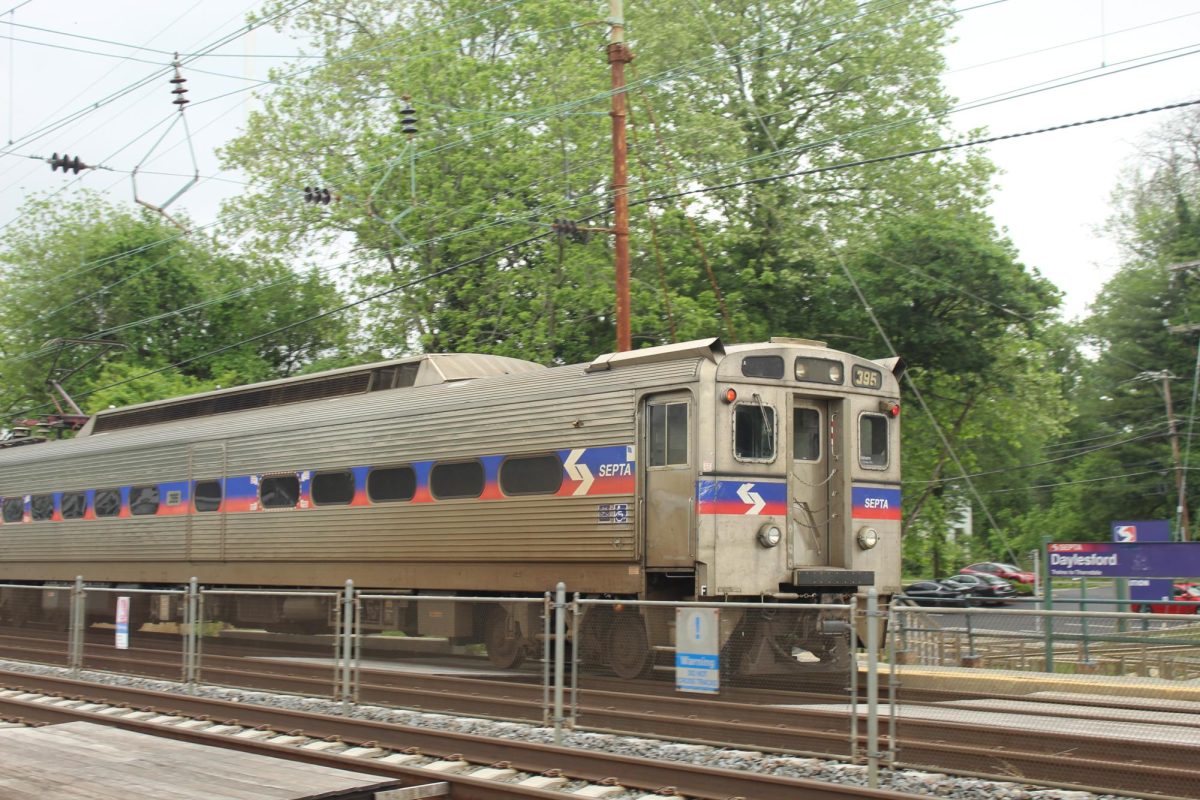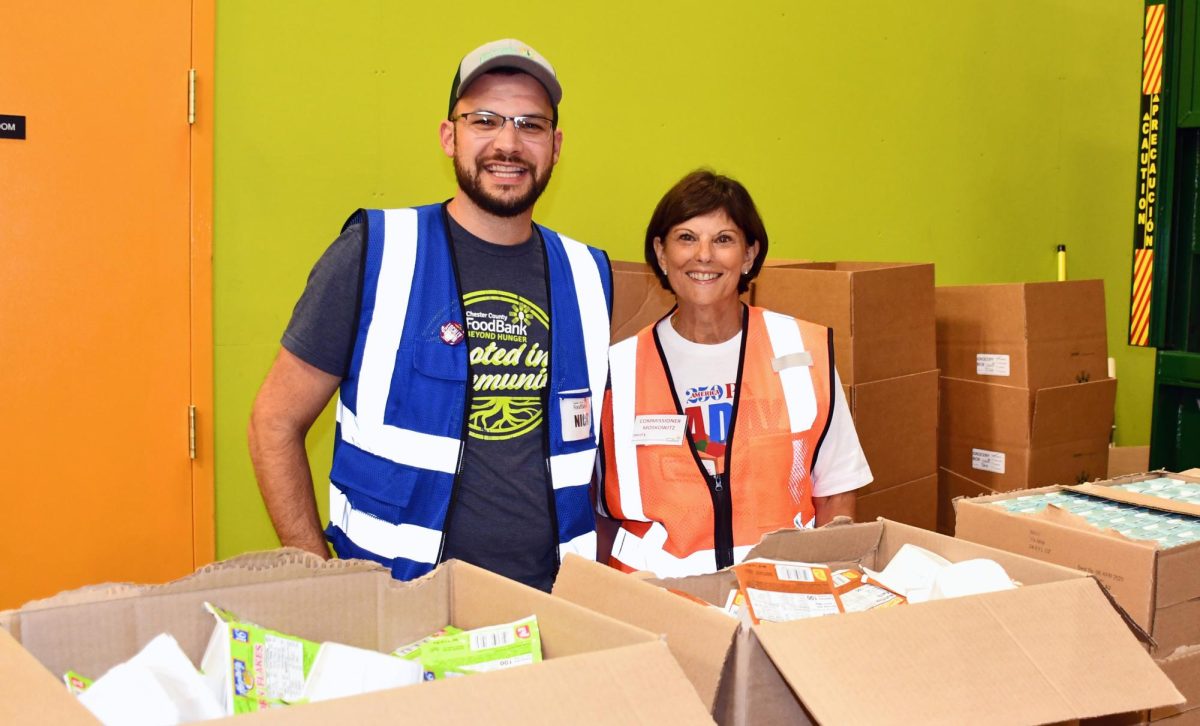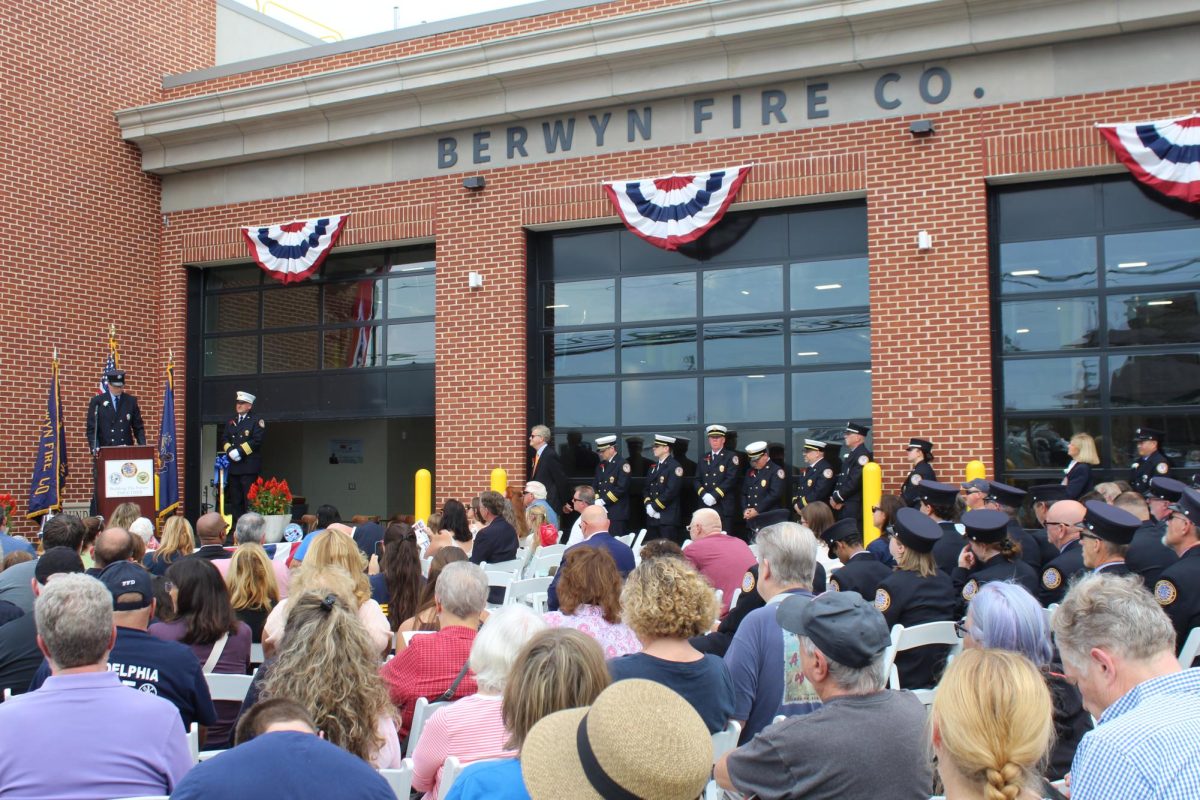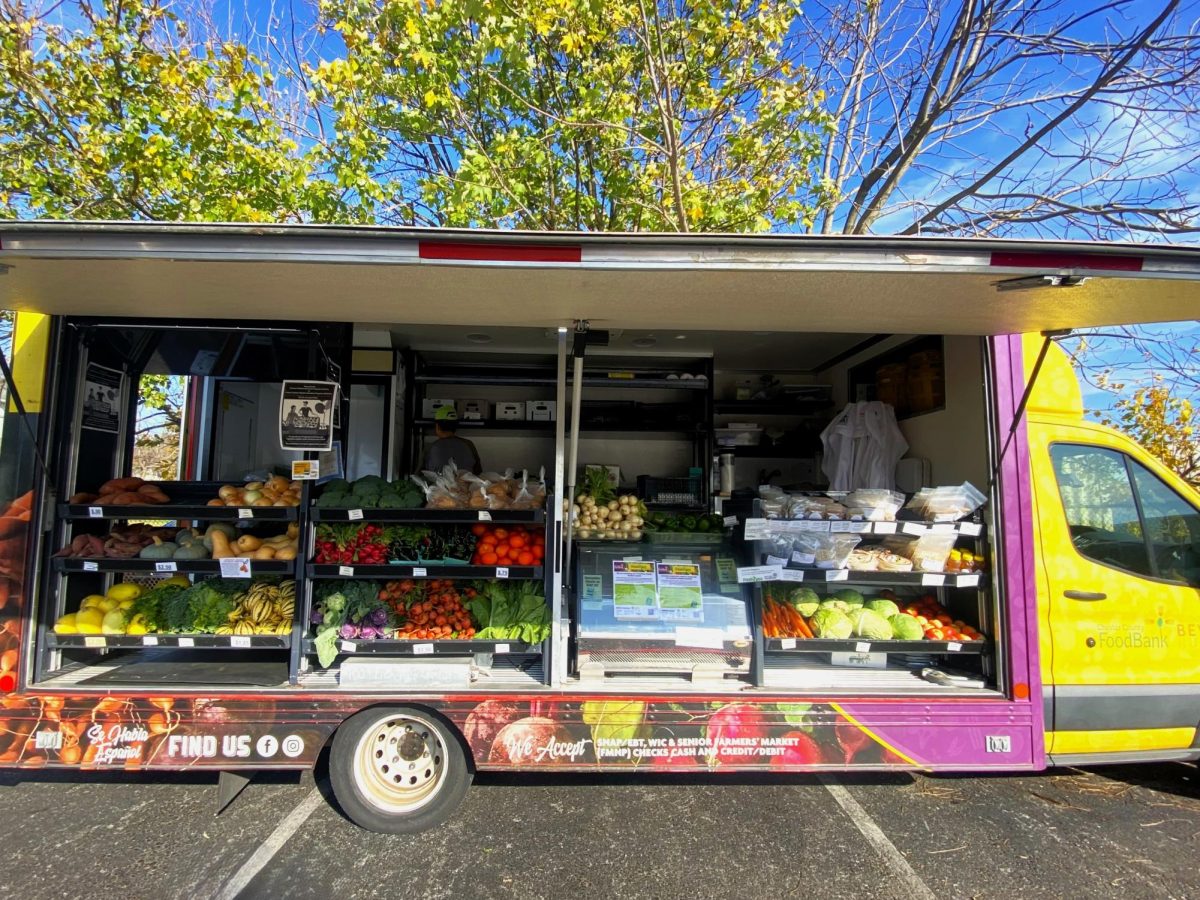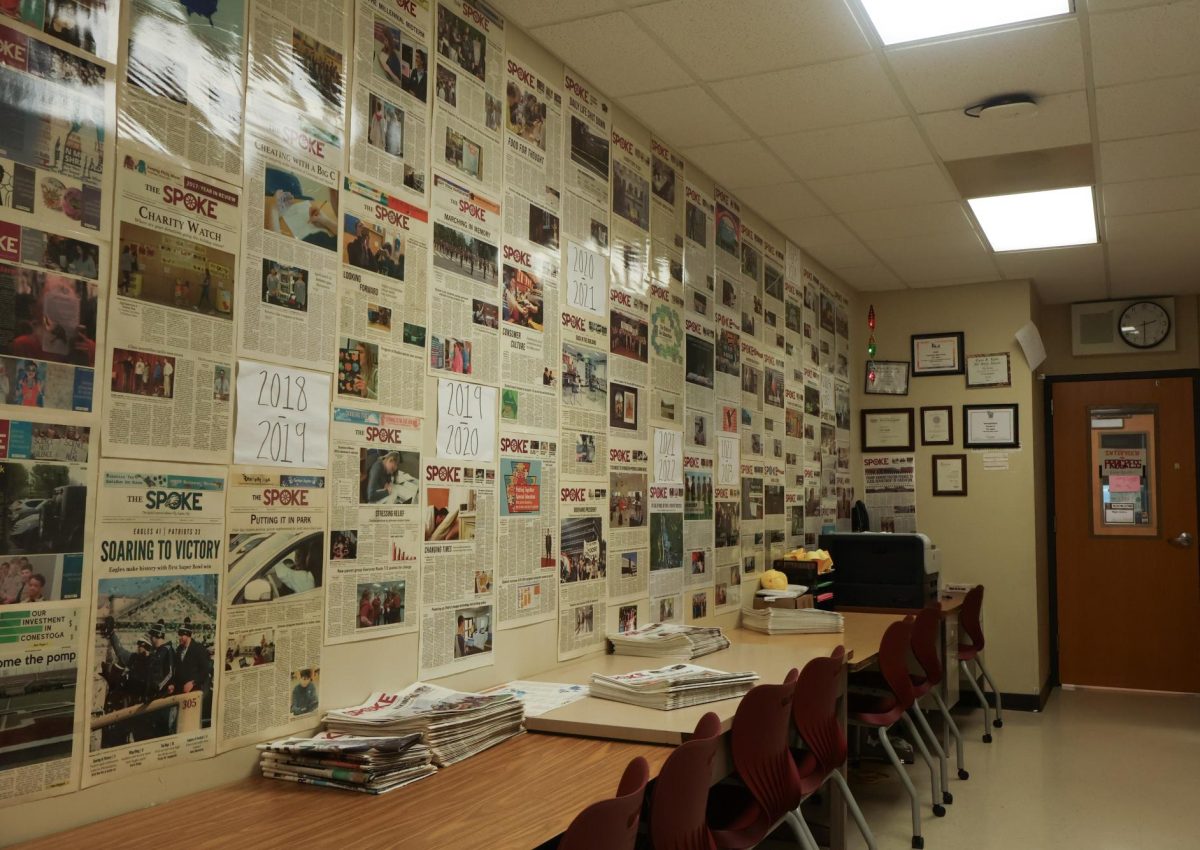On April 10, SEPTA announced its potential plan for 45% service cuts, including closing the Paoli-Thorndale Line, which services the Main Line. SEPTA will be facing a $213 million budget gap starting in July. If it does not receive state funding to cover this gap, the cuts will begin in August.
SEPTA received $896 million in funding from the Coronavirus Aid, Relief, and Economic Security Act. With these funds exhausted in spring 2024 and rising fuel, power and supplies costs, SEPTA proposed a series of service cuts in its fiscal year 2026 budget proposal. Fifty bus routes and five regional rail lines would close, as well as 66 stations. SEPTA would also enact a 21.5% fare increase, hiring freeze and 9 p.m. curfew on metro services.
“We (SEPTA) knew two years ago that we were on this path,” Vice Chair of SEPTA Marian Moskowitz said. “We looked at every mode of transit across the board, and we cut equally. We could have done it by need, but that isn’t fair. Everybody’s feeling pain equally.”
SEPTA would begin its cuts with a 20% service cut and fare increases. The remaining cuts and fare hikes would be fully implemented in 2026.
Joey Zhou, a junior at the Academy at Palumbo in Philadelphia, uses SEPTA regularly to travel to school from her home in northeast Philadelphia. Zhou feels SEPTA’s service cuts will worsen existing cancelations and delays.
“There are so many people who rely on SEPTA to get to school, work, home or just around the city, and even now these services aren’t always reliable. SEPTA services are constantly delayed or simply canceled, and these cuts and reductions will only make these problems more frequent,” Zhou said.
These proposed cuts would also affect the community economically. Suburban areas with access to SEPTA’s Regional Rail would see an estimated $19.9 billion loss in home values due to service cuts and fare hikes, according to a study by Econsult Solutions, an economic consultancy based in Philadelphia.
Ryan Oswald is a Conestoga parent who travels to Philadelphia for work. He is concerned that SEPTA’s cuts will negatively impact other forms of transportation.
“The traffic would be out of control,” Oswald said. “The days when I do drive in, it’s already a lot of traffic, and that’s with a ton of people taking the train. If all those people had to find their way into the city, I think that would be challenging.”
SEPTA says on its website that service cuts and fare hikes can be avoided if the state approves a budget with more transit funding. Gov. Josh Shapiro’s 2025–26 budget proposal would increase tax revenue for the Public Transportation Trust Fund to support systems like SEPTA. This plan passed the House but is stalled in the Senate. SEPTA’s board will vote on its final budget June 26.
“We’re all in this together,” Moskowitz said. “I’ve never seen a board so united about anything. They’re passionate about SEPTA.”
Paige Vachris can be reached at [email protected].




















































































